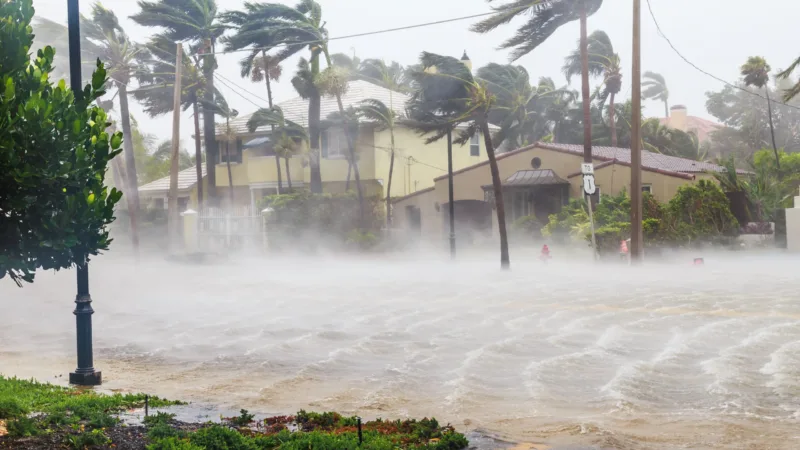When it comes to the legal world, we’re used to dealing with contracts, negotiations, and courtrooms. But what happens when the storm clouds gather and nature decides to throw a curveball? As general counsel lawyers, it’s essential to be the calm amidst chaos, and that’s why having a solid plan for natural disaster preparation is more important than ever. In this blog post, we’ll dive into practical steps that general counsel can take to brace themselves and their organizations for the unexpected forces of nature.
Mapping the terrain: Risk assessment
Just as you wouldn’t dive headfirst into a complicated case without understanding the facts, don’t face natural disasters blindly. Start by assessing the risks specific to your location. Is your office in Hurricane Alley or Earthquake Central? Identify the types of disasters most likely to strike and evaluate their potential impact on your organization. This is your legal reconnaissance mission – gather the intel and strategize accordingly.
Lawsuits vs. lightning bolts: Legal review and compliance
Disasters don’t discriminate – they can wreak havoc on your contracts and legal agreements just as much as they can on your office building. Review your contracts for those nifty force majeure clauses that can provide a legal umbrella when everything else is falling apart. Moreover, ensure your organization complies with local building codes and environmental regulations, so your fortress is as disaster-proof as legally possible.
Guarding the Crown jewels: Data protection and cybersecurity
We live in the age of digital dominion, so it’s crucial to safeguard your data like the precious gem it is. Prepare for power outages, technical glitches, and hacking attempts by establishing robust data protection measures. Think of it as putting your legal documents in a digital safe – one that can withstand even the stormiest of cyberattacks.
Unity in adversity: Employee safety and communication
Your organization isn’t just a legal entity; it’s a community of people. Make sure everyone knows the game plan in case of a disaster. Create an emergency communication strategy that covers everything from evacuation routes to post-disaster recovery. And remember, a well-informed team is like a well-prepared witness – they can save the day with the right information.
Strength in numbers: Collaborating with external partners
Legal expertise is your superpower, but you’re not alone in this fight. Forge alliances with local authorities, emergency services, and other relevant partners. Collaborate on disaster response plans and understand the legal framework that governs disaster management in your area. The legal Avengers unite!
The safety net: Business continuity and insurance
Like a safety net for a high-wire act, business continuity planning keeps things from crashing down when disaster strikes. Work closely with your organization’s leaders to establish plans for carrying on amidst chaos. And let’s not forget about insurance – it’s like having a shield against the financial fallout of a disaster.
__________________________________________________________________
Natural disasters may not care about legal briefs or contract negotiations, but that doesn’t mean you can’t be prepared. As general counsel lawyers, your legal prowess is needed now more than ever. By assessing risks, reviewing contracts, protecting data, ensuring employee safety, collaborating with partners, and planning for business continuity, you’re building a legal fortress that can weather any storm. So suit up, legal heroes, because with the right strategy, you’re more than equipped to navigate the unpredictable seas of natural disasters.









